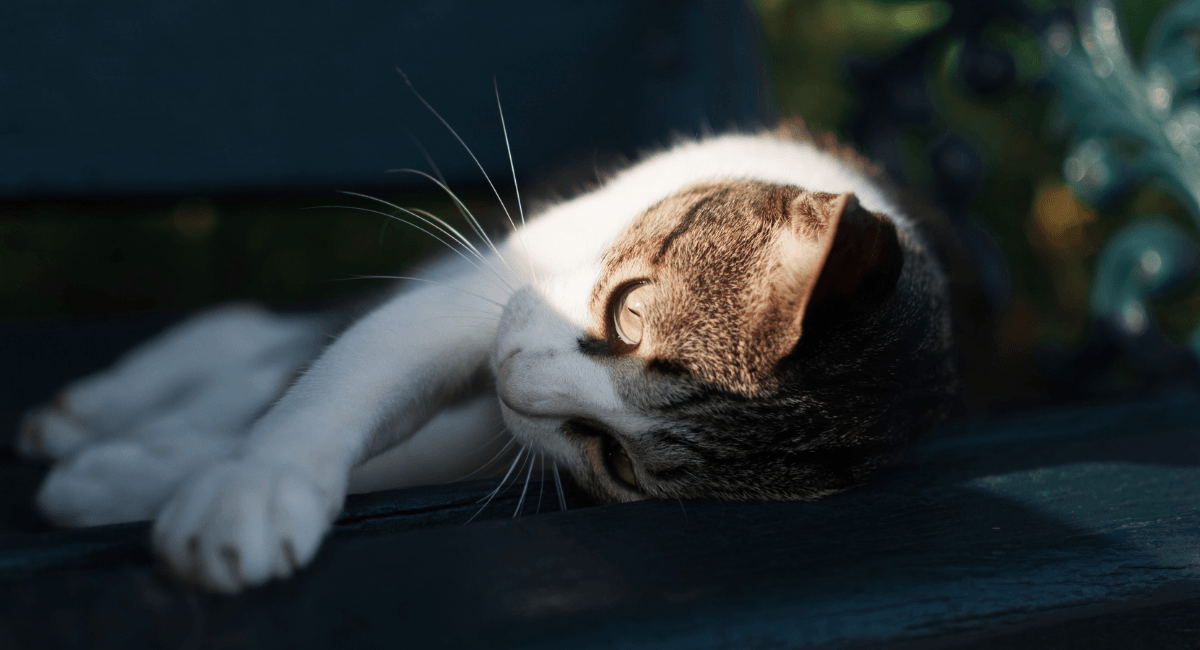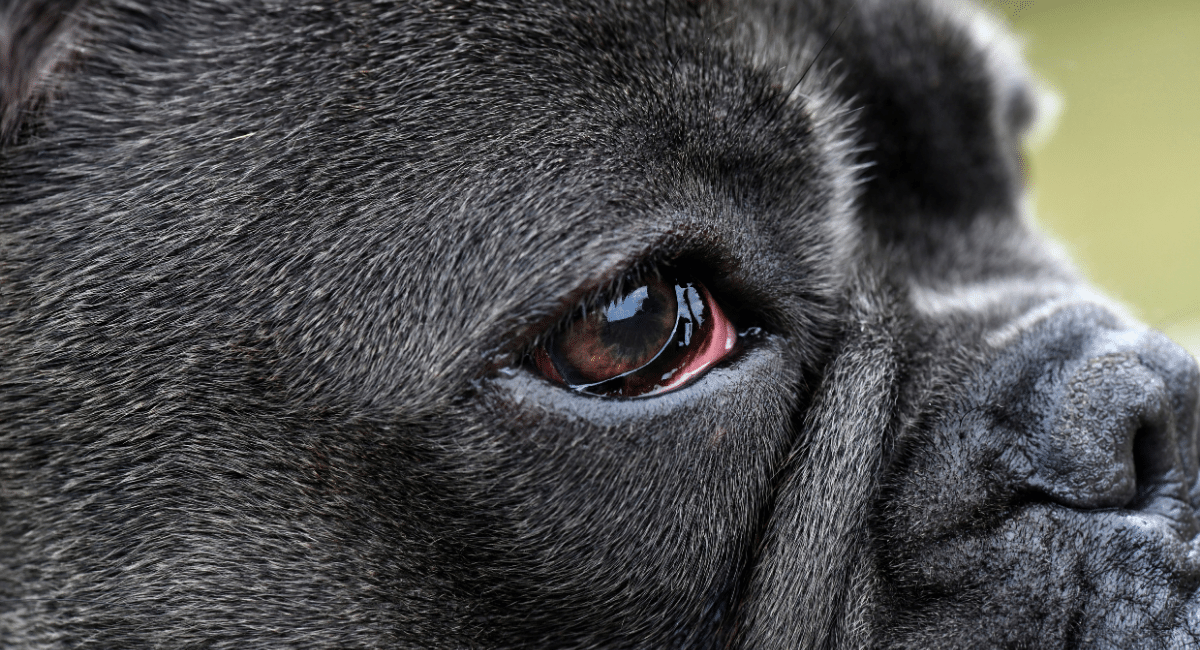Just like people, cats can sometimes feel achy in their joints, which can make it hard for them to run, jump, or play. Cats are masters at hiding pain, including cat joint pain and arthritis. Survival instincts cause cats to hide their pain, as weakness can attract predators and make them targets.
This makes it challenging to spot the signs of joint pain in your cat. Knowing more about cat joint pain, being alert to changes in kitty’s behavior, and learning how to help them is important to take better care of them and keep them happy and healthy.
Table of Contents:
How do I know if my cat is having joint pain or has arthritis?
Cat joint pain and arthritis are the most common issues cats have. It is estimated that 80% of cats over 10 years old have cat joint pain and some form of arthritis in at least one of their joints.
Some signs that your kitty may be having joint pain are:
- Limping or avoiding using a leg
- Licking and chewing
- Tiredness
- Weight or muscle loss (due to less appetite and less movement to maintain muscle)
- Hesitant to jump on or off of chairs, couches, or other surfaces.
- Less interested in playing Reluctant to go up or down stairs
- Moving slower and running less
- Showing stiffness when walking
- Avoiding using a leg
- Joints that are stiff, swollen, or sore to the touch
- Not wanting to be pet in certain spots or held
- Uncharacteristic aggression to other cats or family members Hiding more than normal
- Going potty outside the litter box
- Not grooming as usual (hard to maneuver due to joint pain)
What causes cat joint pain?
Age: As cats get older, their joints can wear out, which makes them more likely to have pain in their joints.
Weight: When cats are too heavy, it puts extra pressure on their joints and can lead to problems like arthritis.
Genetics: Some cat breeds are more likely to have joint issues, like hip problems or kneecap troubles.
Injuries: If a cat gets hurt, it can cause joint problems that last a long time, including arthritis.
Infections: Some infections can make a cat's joints hurt, leading to conditions like arthritis.
Inflammatory diseases: Certain health issues can make a cat's joints swell and hurt, like rheumatoid arthritis.
Poor nutrition: If cats don't eat the right foods with enough important nutrients, their joints might not stay healthy.
Not Enough Exercise: When cats don’t get enough exercise, their muscles can weaken, which can make their joints unstable and more likely to get hurt.
What type of arthritis do cats get?
Cat joint pain is often caused by arthritis. When cats get arthritis, they usually have the type called osteoarthritis. In our joints and our cats, there is cartilage which cushions the joints to keep the bones from rubbing together. In osteoarthritis they cartilage wears away and the bones rub together. The bones can also break and splinter, which is very painful with the swelling and inflammation it causes too.
What is hip dysplasia?
Hip Dysplasia in cats is genetic, which means they are born with it. When everything is working well, the ball at the top of your cat's leg moves easily in its socket. This helps your cat do fun things like chase toys or get up after a nap! But with hip dysplasia, the ball is shaped a bit funny and doesn’t fit snugly in the socket. Instead of sliding smoothly, it can rub and grind, which hurts the cartilage and bone in the hip. Sometimes, the ball can even pop out of the socket!
Hip dysplasia can happen in one or both hips and can be mild or really bad. If it’s not treated, a cat with this condition might get arthritis in its hip joint. The symptoms of hip dysplasia are a lot like the symptoms of arthritis, but they happen in even very young cats, where standard cat joint pain is typically 10 years and older.
If your cat does have hip dysplasia, the best way to help them is to keep them at a healthy weight. Extra pounds cause extra stress on all joints, and can make your kitty more likely to have a dislocated hip and chronic cat joint pain.
BestLife4Pets Cat Hip and Joint homeopathic remedy is carefully formulated with ingredients to help reduce inflammation and swelling in the joints to relieve cat joint pain and help with mobility, helping to lower the risk of dislocations or further damage in the joint. There are surgeries to help with extreme cases of hip dysplasia.
How do I help my cat with joint pain?
As with any illness, prevention of cat joint pain is always the best route; so what can you do? One thing for sure is to prevent joint stress by keeping your kitty at a healthy weight. Be sure to feed them a healthy diet. There are many opinions on what the best diet for cats may be, and we dive into some of that - including the popular raw food diet - in our article, What Human Foods can Cats Eat?
Also be sure that your cat is getting enough activity. Our fun blog How to Get Your Lazy Cat into Tip-Top Shape has great tips!
As your cat gets older and is more likely to have wear and tear on their joints, support their health with BestLife4Pets Cat Arthritis & Joint Pain Relief Remedy.
Other ways to provide comfort for your cat’s joint pain include:
- Be sure to have soft and cozy bedding for your cat to relax on
- Provide a ramp or step to help kitty jump to the couch or chairs.
- Have their food and water bowls at elbow height so they don’t need to bend to reach them.
Helping your cat to live with cat joint pain or arthritis can be manageable! Knowledge is power to know the signs even when cats are good at hiding their pain. With a few lifestyle changes and remedies to make them more comfortable, you can take the best care of your kitty to love them well in their golden years.



